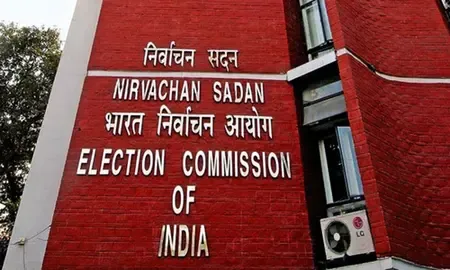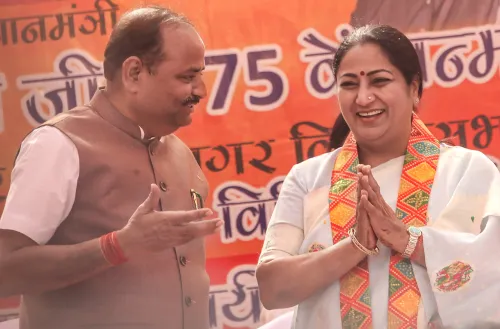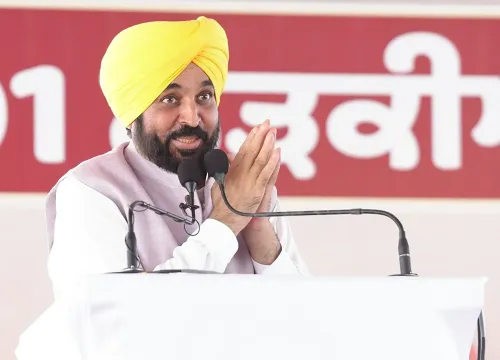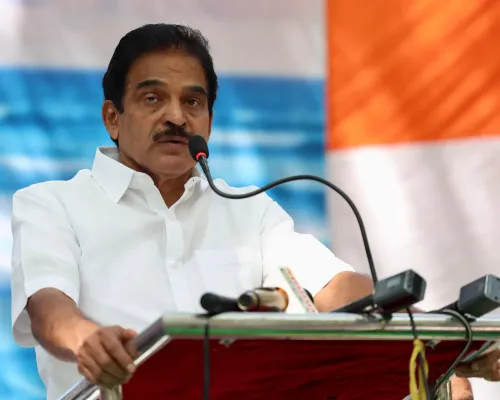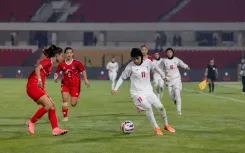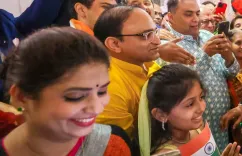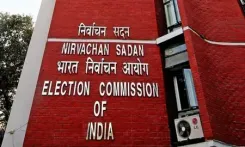Have Administrators Been Appointed for the Municipal Corporations of Rajasthan?
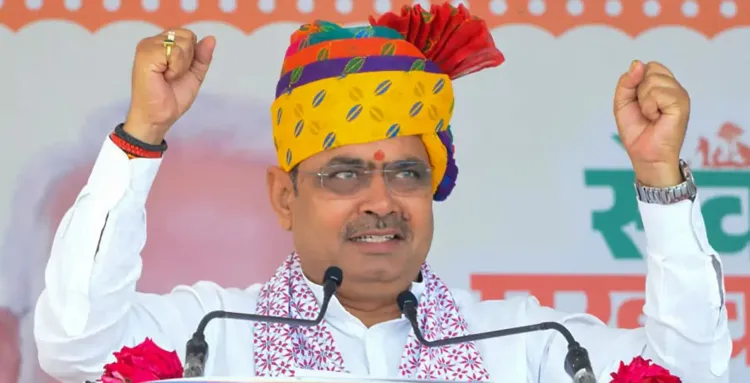
Synopsis
Key Takeaways
- Administrators appointed for Jaipur, Jodhpur, and Kota
- Continuity in urban governance ensured
- Public services may face disruptions
- Upcoming elections under 'One State, One Election'
- Divisional Commissioners to oversee municipal functions
Jaipur, Oct 24 (NationPress) The Bhajan Lal administration in Rajasthan has announced the appointment of new administrators for the municipal corporations of Jaipur, Jodhpur, and Kota.
As per a notice from the Department of Local Self-Governance, the current tenure of the municipal corporations in these cities will conclude on November 9.
Once the tenure expires, the relevant Divisional Commissioners will assume the role of administrators until a new elected board is established. This initiative is designed to maintain continuity in urban governance, though it is expected that certain public services might experience interruptions.
The Jaipur Divisional Commissioner has been assigned as the administrator for both the Jaipur Heritage and Jaipur Greater Municipal Corporations.
Similarly, the divisional commissioners of Jodhpur and Kota will manage their respective city corporations as administrators.
The state government has also opted to streamline the administrative processes of these municipal corporations to improve efficiency and coordination, a system that will remain in place until new elections and municipal boards are formed.
With the conclusion of the municipal board’s term, the terms of the mayors and councillors will also end. As a result, crucial public services—including ration card amendments, domicile and caste certificates, income certificates, RTE verifications, and police verifications—are anticipated to be affected. Previously, these services were efficiently handled by local councillors.
In their absence, residents may need to obtain endorsements from MPs, MLAs, or gazetted officers, which could result in delays and additional bureaucratic challenges.
Officials noted that the state government intends to conduct elections following the One State, One Election policy.
This initiative currently employs administrators in various urban bodies throughout the state. By February 2026, the terms of all urban bodies in the state will expire, and elections are expected to occur simultaneously across all of them.
Sources from the Directorate of Autonomous Governance indicate that the terms of 50 urban bodies will end in December this year, followed by 90 in January and one in February next year.

